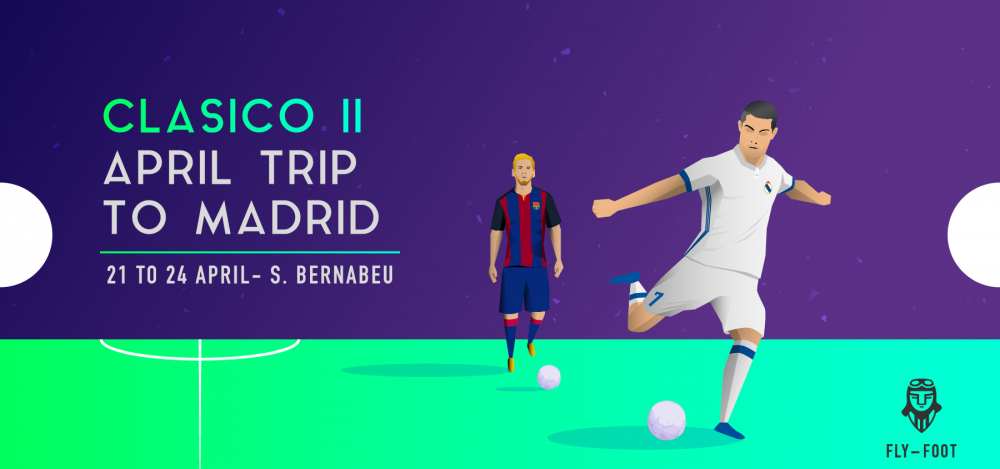The season is almost over and many teams have decided not to extend the contracts of their old players or some players decided to move on and try a new experience. Today, we’re gonna take a look at the best Free Agents XI:
Victor Valdes (Barcelona):

It was a tough choice, however Valdes was superb this season especially at the start and his injury put Barcelona in trouble towards the end. He joined Barcelona in 1992 as a ten-year-old and he leaves today with a lot of experience and fond memories of championships and big moments.
Bacary Sagna (Arsenal):

Sagna joined Arsenal in 2007 and although he failed to win a trophy until his very last game at the club (FA Cup). He had been one of the Premier League’s best right backs throughout his time at the club. With him on the team Arsenal managed to qualify for the Champions League in every single season, something the other teams failed to do.
Rio Ferdinand (Manchester United):

Rio joined Manchester United in July 2002 for around £30 million, breaking the transfer fee record that he had already broken once before when he was with Leeds United. He won the Premier League in his first season at the club and eventually he won a total of six Premier League titles, a Champions League, a Club World Cup and several domestic cups.
Carles Puyol (Barcelona):

Another player to be leaving Barcelona is the captain Carles Puyol. He spent his life-time at the club and won many important trophies with both club and country. Today Puyol is looking for a new challenge and he is free to join the club of his choice.
Nemanja Vidic (Manchester United):

Vidic joined Manchester United in 2006 and despite Rio Ferdinand having been at the club for a much longer period than him, Vidic was trusted with the club’s captaincy and despite suffering many injuries, he is still a solid defender who can lead a team. He will do quite well in Serie A with Inter next season for sure.
Ashley Cole (Chelsea):

Ashley Cole joined Chelsea from city-rivals Arsenal and he quickly became one of the leaders at the club, just like the previous players, he also won several domestic titles and a Champions League trophy.
Patrice Evra (Manchester United):

The Frenchman has been at Manchester United since 2006 and he was one of the pillars in Sir Alex Ferguson’s team. He featured in well over 300 matches for the club winning many major trophies. Perhaps age has taken its toll on the player and moving on seems to be the best option for the player.
Javier Zanetti (Inter):

Inter’s captain is one of football longest serving footballers, he seemed destined to retire at Inter but now he reached a cross-path in his career and together with the club, he decided to move on and experience a new challenge.
Esteban Cambiasso (Inter):

Cambiasso has been integral to Inter’s success especially under Roberto Mancini and Jose Mourinho, he’s been part of the club for a while and he has been one of Serie A’s best midfielders.
Samuel Eto’o (Chelsea):

Samuel Eto’o did not spend a long while at Chelsea, but his CV shows how good of a player he is. He’s played for clubs like Real Madrid, Barcelona and Inter scoring a load of goals and winning many trophies. Although he’s quite old now, it’s a bargain for any club to sign him for free.
Diego Milito (Inter):

Diego was another player who shaped Inter’s history especially when they beat Bayern Munich in the Champions League final. Injuries have limited his playing time in Serie A but he’s still far from finished and can play for any team in Europe.


